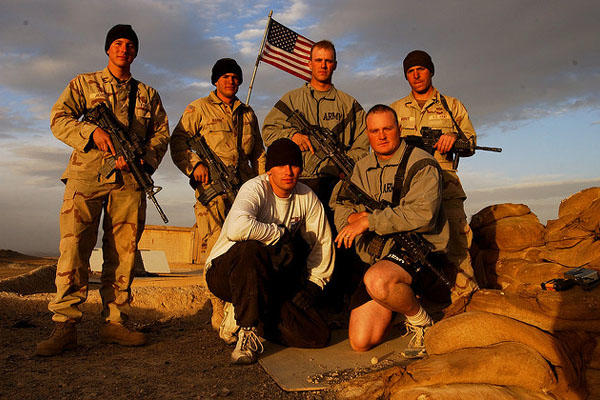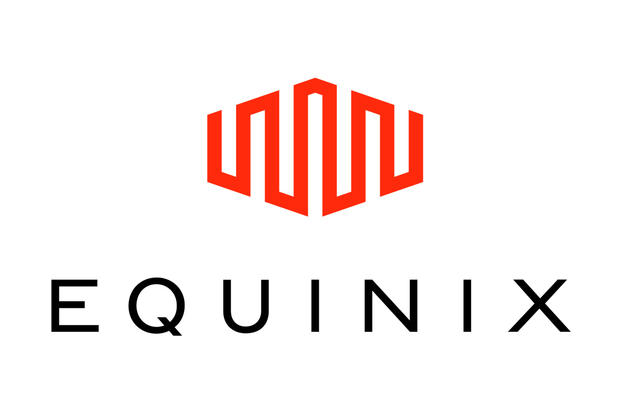The traditional job interview is a formal and structured process. As the employer, you have a job description to which you must match a candidate. You look for relevant experience, skills, and talents in the candidates you consider. We also know you interview for character, passion, and fit for the culture of your organization. You seek to hire talent that can do the job, and who will raise the productivity, morale, and brand of the organization.
The military veteran interviewing with your company is typically not accustomed to interviewing for a job or promotion. The military job structure is more predictable and systematic, while civilian companies tend to hire and promote on cultural fit, merit and qualifications that may, or may not, align directly with the new job.
To bring out the best of a veteran job candidate and accurately assess their fit with your organization, you’ll need to build rapport and trust.
Building rapport and trust with veterans requires the following:
- Be genuine: If you are not a veteran yourself, or have anyone in your family who’s served, you should first acquaint yourself with the culture and experience the veteran job candidate comes from. Trust, honor, loyalty and service are some of the pillars of the military value set, and how you behave and communicate leads to those values. When interviewing a veteran, speak from your heart; don’t pretend to know what they experienced, and what they need. Every veteran is different, and if you remain genuine in your questions, responses, and actions, you can learn about the uniqueness and value of the candidate in front of you.
- Share any connection: If you have a personal connection to military service, share that information with the candidate. Even a remote connection (e.g. grandfather served in World War II) can start a conversation and begin to build rapport. Be careful about overselling your connection and understanding of the candidate’s military service -- again, every veteran’s experience is unique.
- Ask open-ended questions: Instead of asking, “Have you lead teams?” try soliciting deeper understanding about the veteran’s military career using, “Tell me about a time you were given responsibility for the success of others. What did you do and what did you learn?” Open-ended questions will help the veteran dig deeper to identify the skills, talents, and training that can be relevant to the position you’re hiring for.
- Acknowledge and validate: Interviewing is stressful for any job seeker, but for veterans it is also an unfamiliar experience, as I stated above. Offering positive reinforcement and acknowledgement during the interview is a great confidence builder, and will help the candidate relax and show their authenticity. After all, everyone likes to be validated for his or her experience, values, talents, and goals.
- Only promise what you can deliver: Veterans are accustomed to accountability and truth. They come from a military culture, which promotes service, truth, loyalty, and commitment. They will commit and be loyal to that which they align with. If you, as the employer, promote values and commitments you don’t actually live by, the veteran is likely to see right through that. By contrast, if your employees live the vision and integrity you promote through your brand, veterans will find your company highly desirable.
In the United States, research shows that less than one percent of the population has served in the military. That means most of us are civilians. There is much that is different about the military lifestyle, system, and culture from the civilian workplace. Adapting civilian interview styles to encourage rapport building and trust will serve to bring out the best in the veteran job candidate and the business as a whole.





